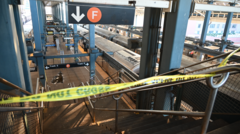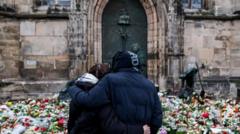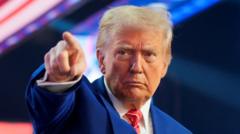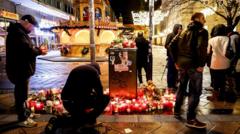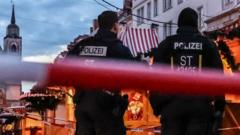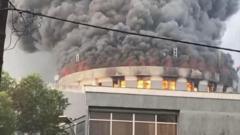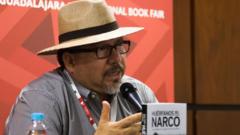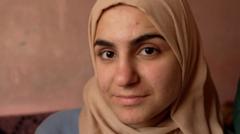Supporters of Imran Khan, former Prime Minister of Pakistan, faced significant pushback from security forces during their protest march towards Islamabad's Democracy Square. With clashes leading to multiple fatalities and injuries, tensions remain high as the government maintains its stance on the protests amid accusations of extremism.
Tensions Escalate in Islamabad as Imran Khan Supporters Face Pushback from Security Forces
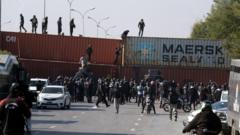
Tensions Escalate in Islamabad as Imran Khan Supporters Face Pushback from Security Forces
Protests demanding the release of former Prime Minister Imran Khan intensify as security forces clash with supporters in the capital, resulting in casualties and heightened unrest.
Supporters of incarcerated former Prime Minister Imran Khan clashed with security forces in Islamabad, attempting to reach D Chowk, the city’s Democracy Square, to protest for Khan's release. The violent encounters have led to the tragic deaths of six individuals, including four security personnel and two protesters.
The mass protests have been underway since the weekend, with demonstrators marching towards the capital, despite a heavy police presence and road closures utilizing shipping containers. Some protesters managed to breach these barricades temporarily but were ultimately pushed back as night fell and the area was cleared by security forces.
Thousands remained in the capital despite the cold, seeking warmth by burning paper and debris. "We’re here to stand up for our fundamental rights," proclaimed Muhammad Shahid, a supporter from Punjab province, asserting Khan's illegitimate detention as the cause of their fight. Incarcerated for over a year amidst politically charged charges, Khan has continuously urged his supporters to persist in their demands for justice.
Khan remains a pivotal figure in Pakistani politics; despite his party being banned from participating in previous elections, the Pakistan Tehreek-e-Insaf (PTI) party still emerged as the largest bloc. This has instigated claims of election rigging, which the government has strongly contested.
The authorities responded firmly to the unrest, reinforcing restrictions on gatherings, alternative protest venues, and imposing limitations on internet access. Educational institutions shut down amid fears of escalating violence. Interior Minister designated the protests as unwarranted extremism, while Prime Minister Shehbaz Sharif accused protesters of inciting bloodshed rather than promoting reform.
In the aftermath, reports confirmed at least 50 individuals sustained injuries during the confrontations. The protests have indeed become a flashpoint for broader grievances against the current government, positioning the narrative of political resistance against governmental authority in Pakistan.

